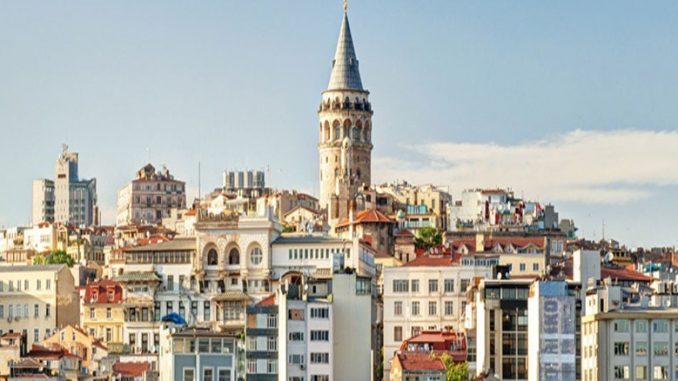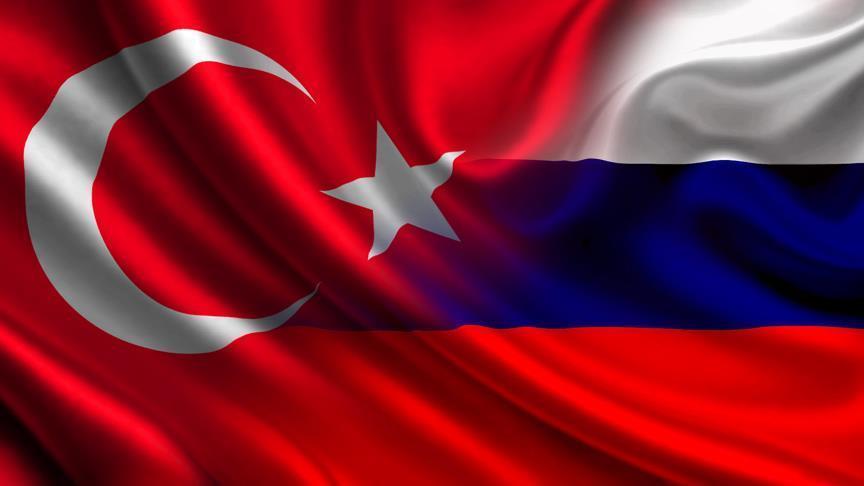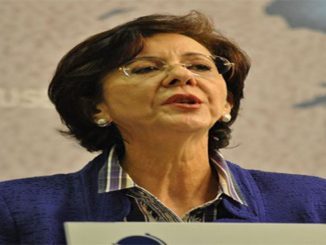
 BY: Hatice Karahan*
BY: Hatice Karahan*
And if you ask how this freedom is scaled, there are four equally important pillars in the Heritage index: rule of law, government size, regulatory efficiency and market openness. Under each one of these sub-indexes are three other categories, also equally significant.
Namely, the rule of law is evaluated based on property rights, government integrity and judicial effectiveness, while government size is evaluated based on government spending, tax burden and fiscal health, regulatory efficiency on business, labor and monetary freedoms and market openness on trade, investment and monetary freedoms.
An average freedom
There are 180 countries in the Index of Economic Freedom and each one of them is scored on a scale from 0 (not free) to 100 (freest). Countries with a score of 80 and above are declared free, while those in the 70s are considered “mostly free.” If you score in the 60s, you are “moderately free,” but get anything below 60 and you are considered “mostly unfree,” all the way down to “repressed.”
Based on this, while the world’s 2017 index average of 60.9 indicates a record high, we see that the global economy has just made it into the “average level of freedom.”
Hong Kong, Singapore, New Zealand, Switzerland and Australia, countries that we are familiar with from the other relevant indexes, rank at the top. Estonia, UAE and Chile, for example, are also among the top 10 countries having the freest economies.
North Korea maintains its position as the world’s “most repressive” economy, which we would have immediately guessed even if there were no such index. North Korea, displaying a tragic state with its single-digit score over 100, is followed on that very long path to freedom by Venezuela and Cuba in the bottom three.
We ranked 60th
There are 49 countries in the 2017 index that have achieved their best scores to date, including Turkey. Thus, we see our score, which last broke its own record in 2013 with 64.9 and later dropped to 62.1 due to the 2016 index, rose up to 65.2 in 2017. While based on this, our score is slightly above the world average, we ranked 60th among 180 countries this year. Since we were in the 79th position the previous year, there is an obvious rise.
In addition to this, within the context of Europe – in which we are included – with an average score of 68, we rank 29th, slightly under the average from among the 44 countries in the region. While there are many economies such as Romania, Bulgaria and Poland ranking higher than Turkey, many countries from Spain to France and Portugal to Italy are among the European economies that are not as free as us. The most critical economies among our regional neighbors are that of Ukraine, Greece and Russia.
The whys and reasons
In order to understand why our economic freedom is at an average level, we need to look at the sub-indexes.
In this context, while our best score is at the level of our government’s degree of freedom, we save the day with fiscal discipline. The second positive outlook is our open market sub-index which got a score above 70.
One of the categories that drag us down to the average is regulations. In this context, it appears that the troubles especially in the labor markets have had a negative impact. The rule of law, which we have long been discussing, is the category we scored the worst in. Let this be another reminder that in this category, which dragged down our freedom with a weak score of 51.5, institutions and the judicial system await urgent remedy.
Building trust is essential
The index’s data set is provided through various points and effort is made to keep the relevant dates as consistent as possible. However, the cutoff date for all the calculations in question is the end of June 2016. Hence, the index does not include the developments that took place after this date. At this point, we remember the incidents we experienced right after this date.
When we look at what happened from then until now, it is obvious that we went through grave social and economic pains. Therefore, it must be noted. Surely struggling with 1,001 different troubles is challenging, however, we must also first and foremost fix the mindset. We see certain improvements in the majority of the indexes of economic confidence. For example, one other essential matter I indicated includes repairing the faith in the country’s future and brotherhood in an inclusive way during these sensitive times. A beautiful future requires institutional repairs, primarily the law. Essentially, this is what we need to pay attention to if we want to strengthen both the justice and order in the community and our position in the global sphere.
To conclude, since our goal is to boost our economy, then the economy and all its subsets need to be rendered as free, as secure and as reliable as possible.
*Hatice Karahan is a Turkish columnist. She writes for Yeni Şafak Turkısh newspaper
(Published in Yeni Şafak on Tuesday, Feb. 28, 2017)



